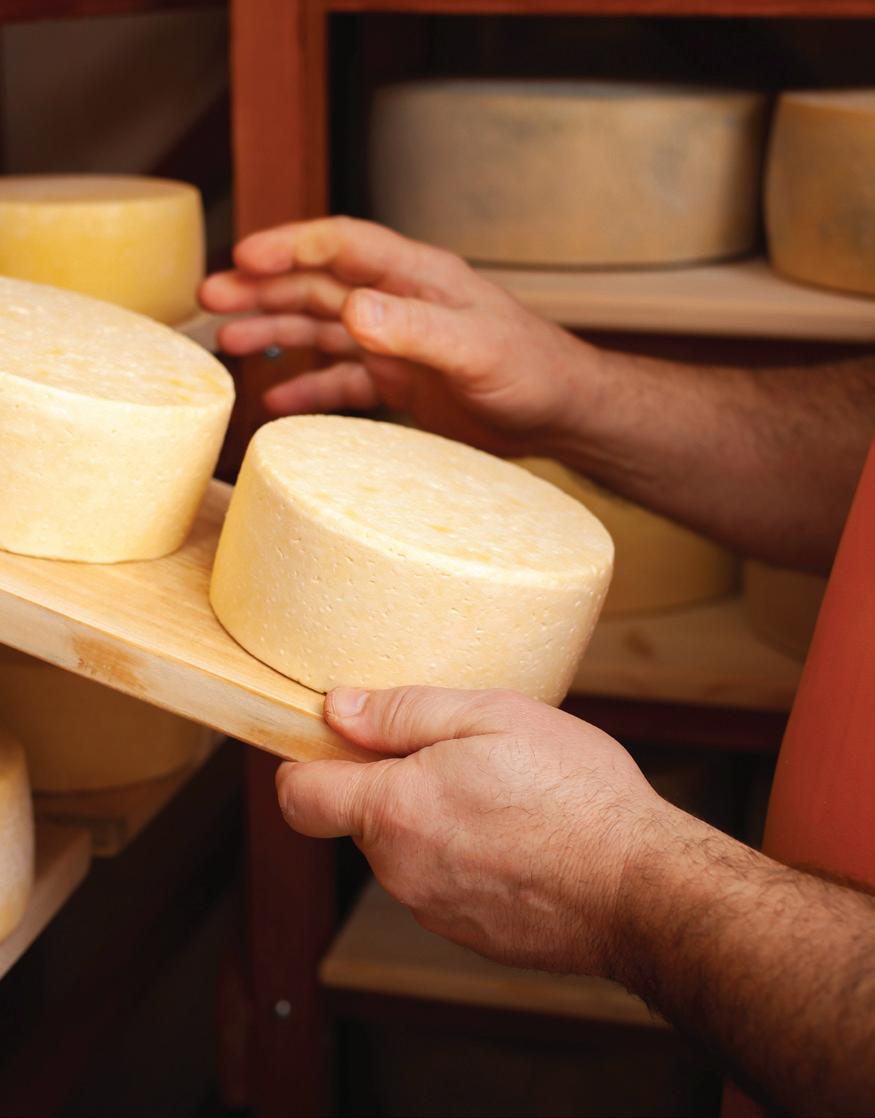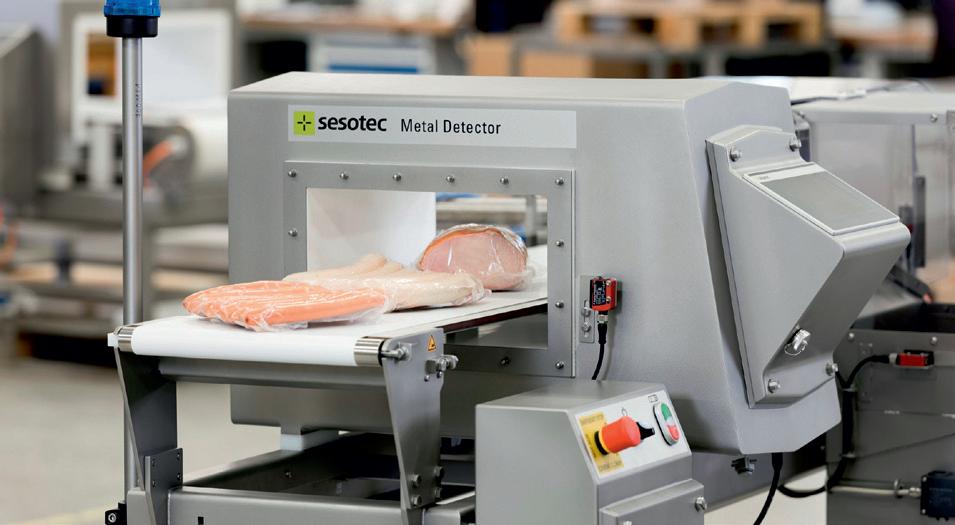
2 minute read
Researchers discover biocatalysis-boosting polymers
©stock.adobe.com/au/Valeriia
Researchers from the University of Birmingham have used synthetic polymers to increase the efficiency of biocatalysis, which could have implications for food industries that make use of this process.
Biocatalysis is the use of living systems — such as enzymes, cells or microbes — to induce and speed up chemical reactions; through this method, manufacturers are able to produce ingredients that otherwise wouldn’t be possible to make. Production of cheese, bread and wine can all benefit from or directly make use of biocatalysis.
One challenging part of using this technique for the manufacture of foods is that the required microbes, such as probiotics and non-pathogenic strains of Escherichia coli (E. coli), are generally not good at forming biofilms. These are little communities of cells stuck together and protected by a matrix of extracellular materials. Typically in food processing biofilms are a problem, since they shield nasty bacteria that can cause illness, but when they are used for biocatalysis biofilms can increase efficiency and productivity and can thus be quite helpful.
Solving this issue is usually done through the use of genetic engineering, but such a method is expensive and time-consuming. Now the Birmingham scientists have discovered a way to boost the ability for bacteria to produce biofilms through the use of synthetic polymers. They tested two types of E. coli: MC4100 and PHL644; the former is bad at forming biofilms and the latter is good. The bacteria were grown on different materials to compare how they would impact the quality and quantity of biofilm formation.
Hydrophobic, cationic, aromatic and aliphatic polymers all had different effects on the growth of the films but in the end the researchers discovered that through their general use the MC4100 strain of E. coli, usually bad at forming biofilms, could actually perform better than PHL644.
Further study found that the polymers were able to act as coagulants and stimulate a process called flocculation that triggers the formation of biofilms by bacteria, potentially explaining the mechanics of how the synthetic polymers were helping. The researchers believe that this method could be used as a way of improving the production of food in a cheap and effective manner.
One of the researchers, Dr Francisco Fernandez-Trillo, said: “We explored a broad chemical space and identified the best performing chemistries and polymers that increase the biocatalytic activity of E. coli, a workhorse in biotechnology. This has resulted in a small library of synthetic polymers that increase biofilm formation when used as simple additives to microbial culture. To the best of our knowledge, currently there are no methods that provide this simplicity and versatility when promoting biofilms for beneficial bacteria.
“These synthetic polymers may bypass the need to introduce the traits for biofilm formation through gene editing, which is costly, time-consuming, non-reversible and requires a skilled person in microbiology to implement it. We believe this approach has an impact beyond biofilms for biocatalysis. A similar strategy could be employed to identify candidate polymers for other microorganisms such as probiotics or yeasts, and develop new applications in food science, agriculture, bioremediation or health.”
The full paper can be read in Materials Horizons.












